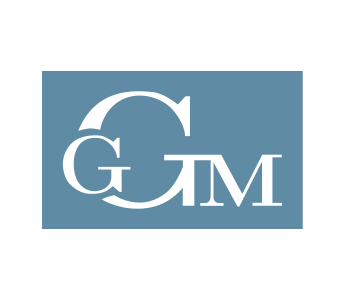Michigan Passes Laws to Protect Employers and Employees From COVID-19 Litigation and Retaliation
On October 22, 2020 Governor Whitmer signed three new laws intended to give employers and employees more certainty and security regarding potential litigation or retaliation resulting from an employee catching COVID-19. These new laws consist of (1) the COVID-19 Response and Reopening Liability Assurance Act, (2) amendments to the Michigan Occupational Safety and Health Act (MIOSHA), and (3) requirements for employers and employees with COVID-19 or potentially exposed to COVID-19.
COVID-19 Response and Reopening Liability Assurance Act
The COVID-19 Response and Reopening Liability Assurance Act is intended to prohibit tort liability based on “COVID-19 claims” for anyone complying with all COVID-19-related statutes, rules, regulations, and orders in effect at the time of an alleged harm, whether federal, state, or local. Isolated, minimal noncompliance with such laws does not eliminate this immunity.
The COVID-19 Response and Reopening Liability Assurance Act defines a “COVID-19 claim” as a tort claim related to exposure or potential exposure to COVID-19 or based on a person’s actions intended to reduce transmission of COVID-19.
MIOSHA Amendments
The second new law amends MIOSHA to provide immunity to employers operating in compliance with all COVID-19-related statutes, rules, regulations, and orders in effect at the time of an employee’s alleged exposure to COVID-19, whether federal, state, or local. Isolated, minimal noncompliance with these laws does not limit this immunity.
Employee and Employer Requirements
The final new law prohibits employees from reporting to work if they have or potentially have COVID-19 until they meet specific conditions for returning. Employers are also prohibited from disciplining or in any way retaliating against an employee who complies with this law, opposes the employer’s violation of this law, or reports COVID-19 health violations. This prohibition does not apply, however, to employees who exhibit “principal symptoms” and fail to make reasonable efforts to schedule a COVID-19 test within 3 days of receiving a request from the employer to take a test.
If the employee tests positive for COVID-19 or displays “principal symptoms” of COVID-19, he or she may not return to work until after (1) any fever has subsided for at least 24 hours without using any fever-reducing medication, (2) ten days have passed since the later of developing symptoms or receiving an affirmative COVID-19 test, and (3) all “principal symptoms” have dissipated.
If an employee (other than health care professionals, first responders, and employees at medical facilities, child protective service or child caring institutions, adult foster care facilities, or correctional facilities) has had “close contact” with an individual who tests positive for or displays “principal symptoms” of COVID-19, he or she may not return to work until fourteen days have passed since the “close contact” with the individual or the individual receives a medical determination that he or she did not have COVID-19 at the time of the “close contact.”
“Close contact” is defined as being within six feet of an individual for at least 15 minutes.
“Principal symptoms” of COVID-19 are defined as at least one of the following not explained by a pre-existing condition:
- Fever
- Shortness of breath
- Uncontrolled cough
Alternatively, having at least two of the following, not explained by a pre-existing condition, also constitutes having “principal symptoms” of COVID-19:
- Abdominal pain
- Diarrhea
- Loss of taste or smell
- Muscle aches
- Severe headache
- Sore throat
- Vomiting
The definition of “principal symptoms” may also be updated in the future by the director or chief medical executive of the Michigan Department of Health and Human Services.
If you need guidance to make sure you are complying with all relevant COVID-19-related statutes, rules, regulations, and orders, the experienced attorneys at Gielow Groom Terpstra & McEvoy in Muskegon are closely following COVID-19 legal updates as they become available and are well-equipped to help with any questions you may have.
News and blog articles presented in this website are distributed for general information purposes only with the understanding that the author, publisher and distributor of articles is not rendering legal, accounting, or other professional advice or opinions on specific facts or matters and, accordingly, GGTM assumes no liability whatsoever in connection with the use of any article. Pursuant to applicable rules of professional conduct, this communication may constitute Attorney Advertising.

